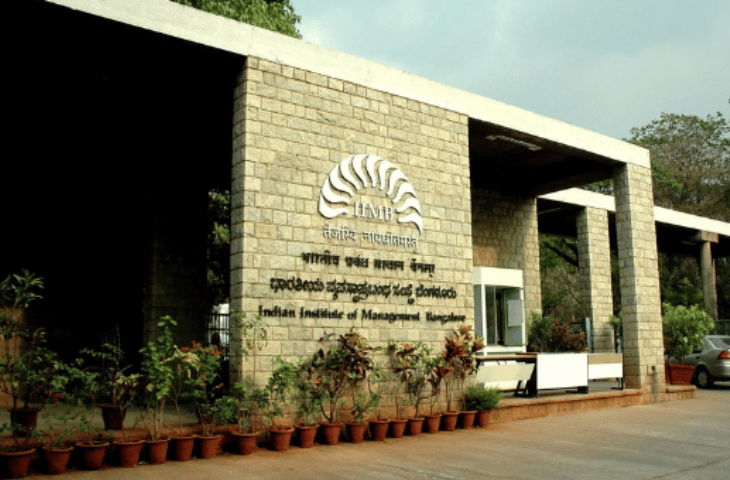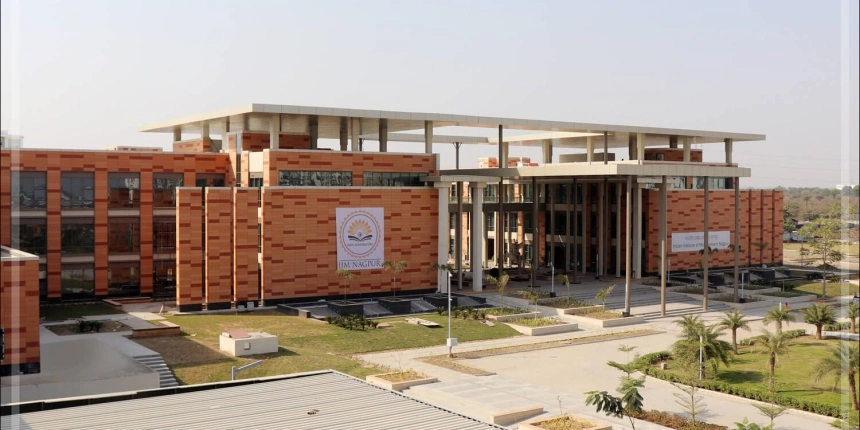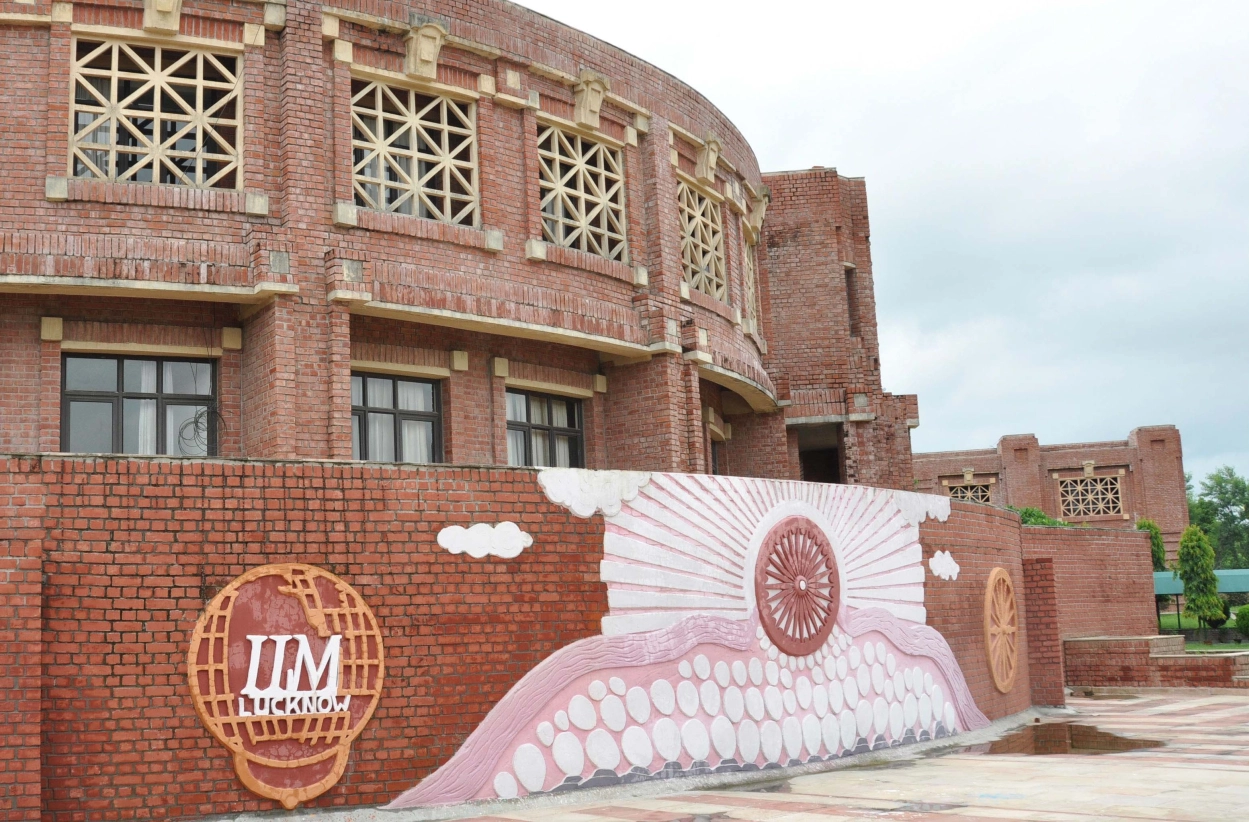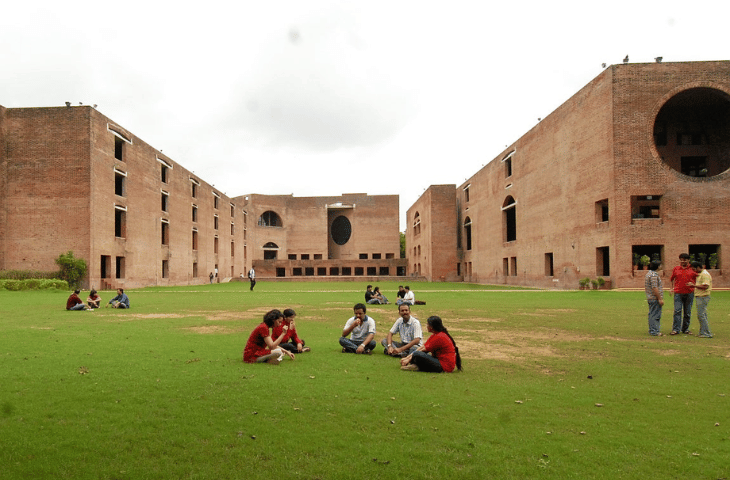CAT Exam VS JEE Exam
CAT Exam VS JEE Exam – The CAT (Common Admission Test) and JEE (Joint Entrance Examination) are two prominent standardized tests in India. CAT is for admission to top-tier management programs, while JEE is for engineering admissions. Both are highly competitive, but they differ in content, format, and focus, reflecting their respective fields of study. In this article we have shared detailed comparison of CAT Exam VS JEE Exam.
CAT Exam VS JEE Exam – Overview
CAT (Common Admission Test) and JEE (Joint Entrance Examination) are both highly competitive exams in India. CAT is for MBA admissions, while JEE is for engineering admissions, each with its unique format and requirements.
| Aspect | CAT | JEE |
|---|---|---|
| Full Form | Common Admission Test | Joint Entrance Examination |
| Conducting Body | IIMs (Indian Institutes of Management) | NTA (National Testing Agency) |
| Purpose | Admission to MBA programs | Admission to Engineering programs |
| Exam Sections | Verbal Ability, Quantitative Aptitude, Data Interpretation, Logical Reasoning | Physics, Chemistry, Mathematics |
| Exam Format | Computer-Based Test (CBT) | Computer-Based Test (CBT) |
| Difficulty Level | High | High |
| Number of Attempts | Once a year | Twice a year (JEE Main) and once (JEE Advanced) |
| Eligibility | Bachelor’s degree in any discipline | 10+2 or equivalent with PCM |
| Exam Duration | 2 hours (CAT) | 3 hours each (JEE Main) and 3 hours (JEE Advanced) |
| Acceptance by Colleges | IIMs and other top B-schools | NITs, IITs, and other engineering institutes |
| Location of Exam Centers | Nationwide | Nationwide |
CAT Exam VS JEE Exam – Exam Format
CAT (Common Admission Test) and JEE (Joint Entrance Examination) are two prestigious standardized exams in India, each with a distinct format. CAT assesses skills relevant to management studies, while JEE evaluates aptitude for engineering programs.
| Aspect | CAT | JEE |
|---|---|---|
| Sections | Verbal Ability, Quantitative Aptitude, Data Interpretation, Logical Reasoning | Physics, Chemistry, Mathematics |
| Exam Format | Computer-Based Test (CBT) | Computer-Based Test (CBT) |
| Total Questions | Approximately 76-100 | Approximately 75-90 (JEE Main) |
| Question Types | Multiple Choice Questions (MCQs) and Non-MCQs (TITA) | Multiple Choice Questions (MCQs) |
| Marking Scheme | Varies (typically +3 for correct MCQ, +1 for correct TITA, -1 for incorrect) | +4 for correct, -1 for incorrect (JEE Main) |
| Exam Duration | 2 hours | 3 hours each (JEE Main) and 3 hours (JEE Advanced) |
| Language Options | English | English, Hindi, and some regional languages (JEE Main) |
| Negative Marking | Yes (for MCQs) | Yes (for MCQs) |
| Calculator Allowed | No | Yes (for a specific section in JEE Main) |
| Mode of Examination | Online (CBT) | Online (CBT) |
CAT Exam VS JEE Exam – Exam Syllabus and Pattern
CAT (Common Admission Test) and JEE (Joint Entrance Examination) have distinct exam patterns and syllabi. CAT assesses verbal ability, quantitative aptitude, data interpretation, and logical reasoning for MBA admissions, while JEE evaluates physics, chemistry, and mathematics skills for engineering programs.
CAT Exam VS JEE Exam – Exam Syllabus
Here’s a comparison of the exam syllabus for CAT (Common Admission Test) and JEE (Joint Entrance Examination) in a table below:
| Aspect | CAT | JEE |
|---|---|---|
| Verbal Ability | Reading Comprehension, Vocabulary, Grammar | Not applicable (STEM-focused) |
| Quantitative Aptitude | Arithmetic, Algebra, Geometry, Number System | Physics, Chemistry, Mathematics |
| Data Interpretation | Data Analysis, Charts, Tables, Graphs | Not applicable (STEM-focused) |
| Logical Reasoning | Logical Puzzles, Seating Arrangements, Critical Reasoning | Not applicable (STEM-focused) |
| Physics (JEE Main) | Mechanics, Electricity & Magnetism, Optics | Varies (Specific topics in Physics) |
| Chemistry (JEE Main) | Physical Chemistry, Organic Chemistry, Inorganic Chemistry | Varies (Specific topics in Chemistry) |
| Mathematics (JEE Main) | Algebra, Calculus, Coordinate Geometry | Varies (Specific topics in Mathematics) |
Please note that the JEE examination has two levels: JEE Main and JEE Advanced. The syllabus for JEE Main is more extensive and covers a broader range of topics, while JEE Advanced delves deeper into these subjects. Additionally, the specific topics within physics, chemistry, and mathematics can vary from year to year, so it’s essential for candidates to refer to the official websites for the most up-to-date information.
CAT Exam VS JEE Exam – Exam Pattern
Here’s a comparison of the exam pattern for CAT (Common Admission Test) and JEE (Joint Entrance Examination) in a table below:
| Aspect | CAT | JEE |
|---|---|---|
| Exam Sections | Verbal Ability and Reading Comprehension (VARC), Quantitative Aptitude (QA), Data Interpretation and Logical Reasoning (DI & LR) | Physics, Chemistry, and Mathematics |
| Total Questions | Varies (around 76-100 questions) | Varies (around 75-90 questions for JEE Main) |
| Question Types | Multiple Choice Questions (MCQs) and Non-MCQs (TITA) | Multiple Choice Questions (MCQs) |
| Marking Scheme | Varies (typically +3 for correct MCQ, +1 for correct TITA, -1 for incorrect) | +4 for correct, -1 for incorrect (JEE Main) |
| Exam Duration | 2 hours | 3 hours each (JEE Main) and 3 hours (JEE Advanced) |
| Language Options | English | English, Hindi, and some regional languages (JEE Main) |
| Negative Marking | Yes (for MCQs) | Yes (for MCQs) |
| Calculator Allowed | No | Yes (for a specific section in JEE Main) |
| Mode of Examination | Computer-Based Test (CBT) | Computer-Based Test (CBT) |
CAT Exam VS JEE Exam – Exam Fees
Here’s a comparison of the exam fees for CAT (Common Admission Test) and JEE (Joint Entrance Examination) in a table below:
| Aspect | CAT | JEE (Main) | JEE (Advanced) |
|---|---|---|---|
| Application Fee (General Category) | Approximately INR 2,000 to INR 2,500 | Approximately INR 650 to INR 1,300 | Approximately INR 2,500 to INR 3,500 |
| Application Fee (SC/ST/PwD Category) | Varies (usually lower than General) | Varies (usually lower than General) | Varies (usually lower than General) |
| Late Application Fee | Varies | Varies | Varies |
Please note that these fees are approximate and subject to change. Additionally, there may be additional charges for specific services, such as selecting test cities or obtaining question papers. Candidates should refer to the official websites of CAT and JEE for the most accurate and up-to-date fee information.
CAT Exam VS JEE Exam – Difficulty Level
Here’s a comparison of the difficulty level for CAT (Common Admission Test) and JEE (Joint Entrance Examination) in a table below:
| Aspect | CAT | JEE |
|---|---|---|
| Difficulty Level | High | High |
| Reasoning Skills | Emphasis on logical reasoning and data interpretation. | Focus on analytical and problem-solving skills in physics, chemistry, and mathematics. |
| Time Pressure | Strict time constraints, requiring quick thinking and decision-making. | Time management is crucial due to lengthy problem-solving in physics and mathematics. |
| Conceptual Depth | Requires a deep understanding of fundamental business concepts and quantitative skills. | Requires a strong grasp of science and mathematics concepts at the 10+2 level. |
| Competitiveness | Highly competitive with a low acceptance rate in top B-schools. | Extremely competitive, especially for admissions to prestigious engineering institutes. |
Both exams are known for their challenging nature, but CAT and JEE assess different skill sets and knowledge areas, reflecting their respective fields of study.
CAT Exam VS JEE Exam – Eligibility Criteria
Here’s a comparison of the eligibility criteria for CAT (Common Admission Test) and JEE (Joint Entrance Examination) in a table below:
| Aspect | CAT | JEE (Main) | JEE (Advanced) |
|---|---|---|---|
| Purpose | MBA and related management programs | Undergraduate engineering programs | Admission to IITs for B.Tech programs |
| Academic Qualification | Bachelor’s degree in any discipline | 10+2 or equivalent with PCM subjects | Must have qualified JEE Main |
| Minimum Percentage | Varies (typically around 50% to 60%) | No specific minimum percentage | No specific minimum percentage |
| Age Limit | No age limit | Age limit varies by category (generally around 25 years) | Age limit varies by category |
| Number of Attempts | No limit | Maximum of three attempts for JEE Main | Maximum of two attempts for JEE Advanced |
| Nationality Requirement | Indian nationals and foreign nationals residing in India | Indian nationals | Indian nationals |
CAT Exam VS JEE Exam – Frequently Asked Question
Q1. What is the difference in exam fees between CAT and JEE?
Ans. CAT exam fees for the General category typically range from INR 2,000 to INR 2,500, while JEE Main charges around INR 650 to INR 1,300 for the General category. JEE Advanced fees range from INR 2,500 to INR 3,500 for the General category.
Q2. How do CAT and JEE exams differ in their overall overview?
Ans. CAT is primarily for MBA admissions and assesses skills in Verbal Ability, Quantitative Aptitude, and Data Interpretation, with a focus on management concepts. In contrast, JEE is for engineering admissions and evaluates proficiency in Physics, Chemistry, and Mathematics.
Q3. What are the eligibility criteria for CAT and JEE exams?
Ans. CAT eligibility requires a bachelor’s degree in any discipline, while JEE (Main) eligibility mandates passing 10+2 or equivalent with Physics, Chemistry, and Mathematics (PCM). JEE (Advanced) eligibility necessitates qualifying JEE Main.






